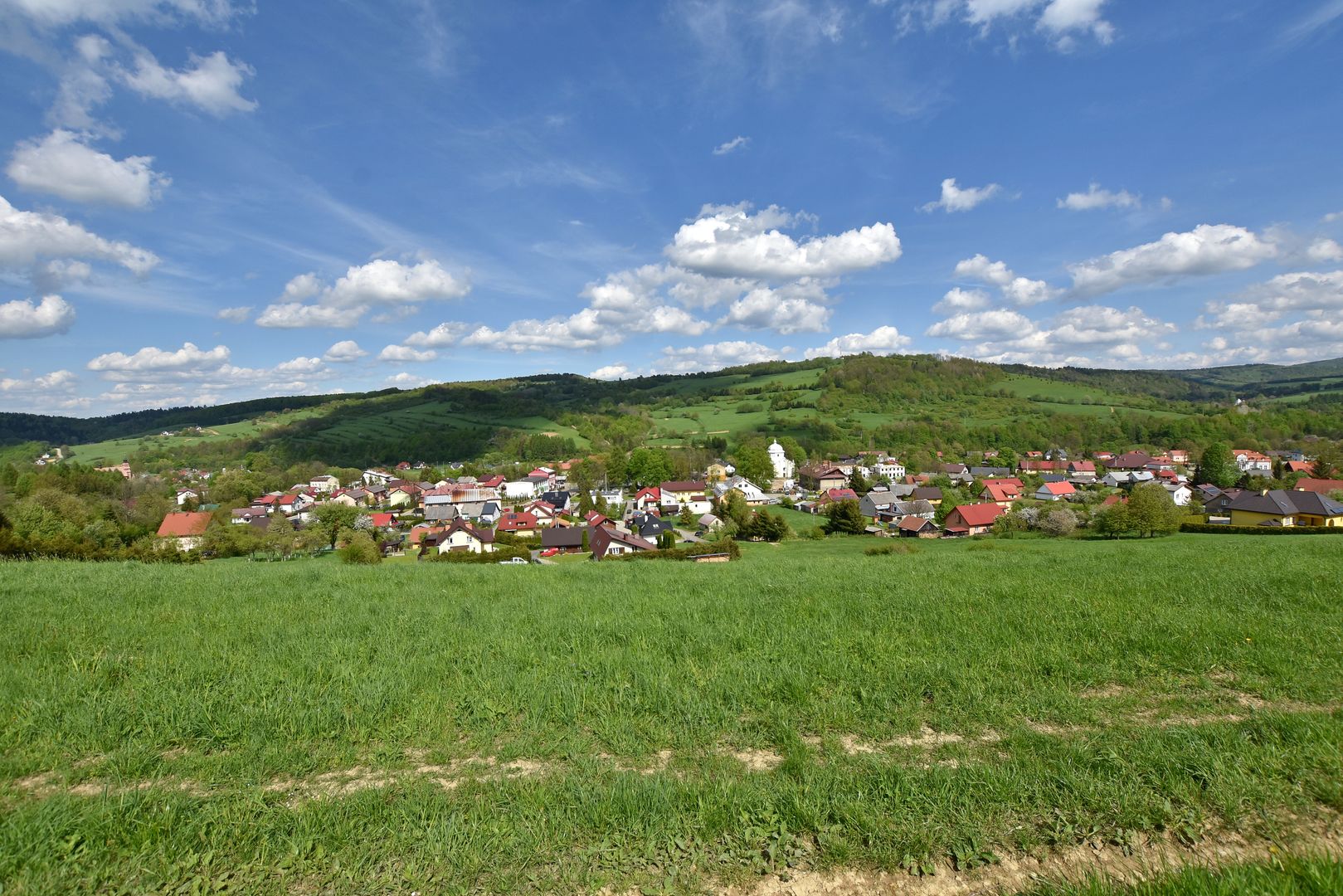Baligród
6.07

Overview
Baligród is a village in the Podkarpackie Voivodeship, located in the valley of the Hoczewka River, serving as the seat of the commune of the same name. Formerly a town, it received its town charter in 1634 and lost its municipal rights in 1919. The village features a well-preserved urban layout with a rectangular market square, reflecting its historical character. The provincial road No. 893 runs through the locality, and Baligród is the seat of the Roman Catholic Parish of the Immaculate Conception of the Blessed Virgin Mary. The settlement was first mentioned in 1615, and its history dates back to the beginning of the 17th century when it was founded at the foot of the castle in Stężnica. Between 1654 and 1770, Baligród was under the rule of the Bal family, and due to its location on an important trade route, economic life flourished here, especially thanks to markets. The residents participated in the January Uprising. In the 19th century, a significant part of the population was Jewish, and in 1870, 147 Jewish families were recorded. Baligród was also the site of the extermination of Jews during World War II, when the majority of the Jewish community perished in 1942. During the German occupation, Polish residents experienced persecution. After World War II, the village began to rebuild, although by 1961 it had only 987 inhabitants. Notable monuments include a brick church from 1877–1879, a Greek Catholic church from 1829, and cemeteries, including a Jewish cemetery and a war cemetery from World War II. The film "Ogniomistrz Kaleń" was shot in Baligród in 1961. An interesting fact is the monument of a T-34 tank, which was placed in the market square, replacing another tank previously used in fights against the UPA. Thus, Baligród is a place of historical, cultural, and architectural significance, still cherishing its rich heritage.
Location
2026 Wizytor | All Rights Reserved